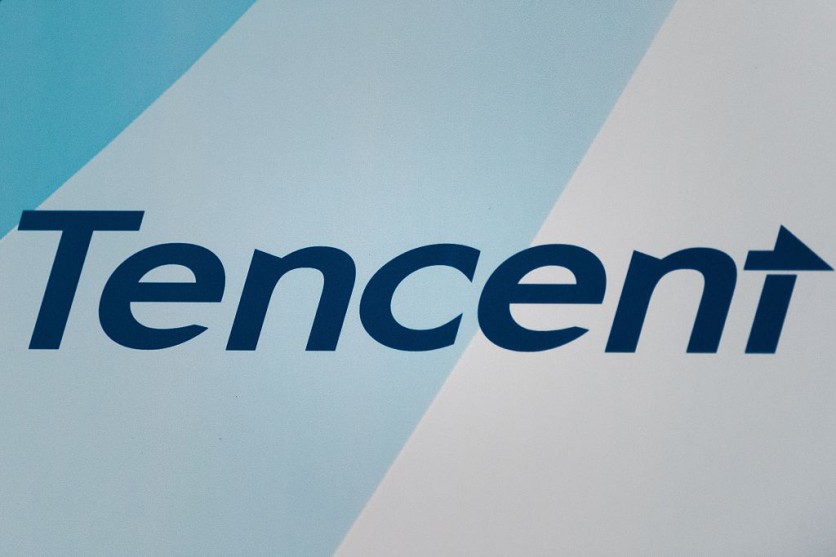Tencent Holdings, one of China's internet giants, has announced the upcoming debut of its own artificial intelligence (AI) chatbot.
According to Reuters, a social media post by the company showcased a demonstration conversation between a user and the AI chatbot, highlighting its ability to assist in writing promotional materials.
This move by Tencent comes as China recently approved AI chatbots for public release. Following the government's approval, other major tech companies in China, such as Baidu Inc and SenseTime Group, introduced their AI chatbots just last week.
Tencent has been developing its AI model known as "Hunyuan" for several months. In the past month, the company expanded its testing of the model within the company. Earlier this year, it was reported that Tencent had formed a team to create a ChatGPT-like chatbot named "HunyuanAide."

China Enters the AI Competition
This development aligns with China's decision to allow its prominent tech companies to offer AI-powered chatbots, similar to OpenAI's ChatGPT, to the general public.
This decision signifies a significant step in China's efforts to expand the utilization of AI services and technologies, particularly in the face of intense global competition, notably from the United States.
Read Also : Tesla vs. Bingling Technology: Legal Battle in China Ensues Over Tech Secret Infringement
Big Tech Companies in China Introduce AI Tech
Following government approval, China's "big four" tech companies, including Baidu and SenseTime, have made their AI chatbots accessible to the public. China's leading search engine, Baidu, introduced Ernie Bot as an alternative to ChatGPT, now open for public use.
SenseTime Group also made its chatbot, SenseChat, available to all users following official clearance. Furthermore, two AI firms, Zhipu AI and Baichuan Intelligent Technology, have opened their chatbot services to the general public.
In contrast with many other nations, China mandates that companies undergo security assessments and secure government approval before introducing AI products for widespread commercial use.
The recent surge in approvals highlights China's dedication to nurturing AI advancements and acknowledging their significance in global competitiveness.
In response to the widespread popularity of OpenAI's ChatGPT, Chinese companies have promptly introduced their generative AI initiatives. Notably, China has implemented restrictions on platforms like Google and Facebook, making ChatGPT inaccessible in the country.
Despite China's rigorous control over its technological landscape, the nation's leadership has stressed the imperative of cultivating homegrown technology, particularly in the realm of artificial intelligence (AI). China's "interim regulation" governing generative AI services officially took effect on August 15.
It's important to highlight that these regulations don't affect AI technology companies, provided their products remain inaccessible to the broader public.
This approach demonstrates greater flexibility compared to the earlier draft, which proposed enforcing regulations even during the research and development stage. The current requirements no longer necessitate a comprehensive license unless dictated by specific laws.
Related Article : Biden's Executive Order Sets New Limits on American Investment in Chinese Tech Firms, Concerning National Security

ⓒ 2025 TECHTIMES.com All rights reserved. Do not reproduce without permission.




